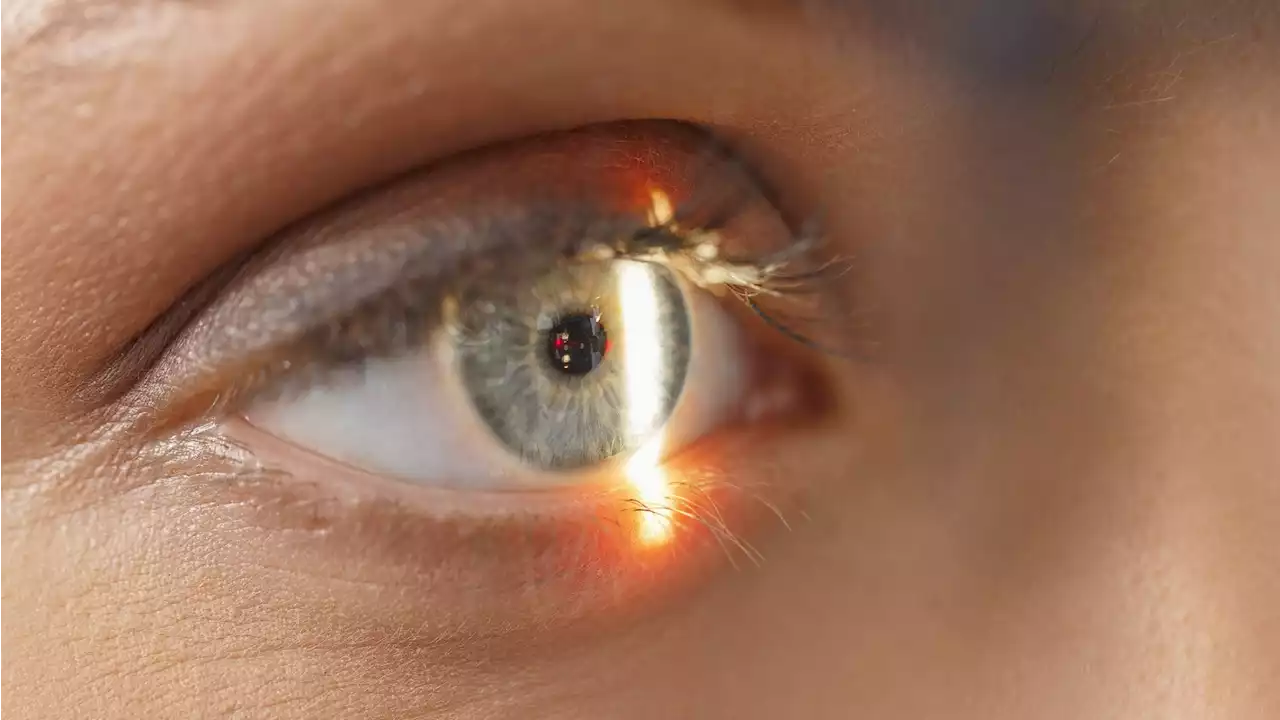The world’s population has more than tripled over the last 70 years. That alone makes humanity a growing target for infectious diseases.
. That alone makes humanity a growing target for infectious diseases under the constant pressure of natural selection.
Human-caused warming and associated increases in rainfall has permitted range expansion of insects such as mosquitoes and ticks that carry numerous infectious diseases. In Ohio, tick populations and the diseases they carry areCollin Carlson, a biologist at Georgetown University, and colleagues assembled data on ranges of 3,139 mammal species, especially bats; the viruses known to infect them; and predicted changes in ranges of those mammals due to global warming.
United States Latest News, United States Headlines
Similar News:You can also read news stories similar to this one that we have collected from other news sources.
 New research identifies lack of appropriate control tools for many major infectious diseases of animalsNew research published in The Lancet Planetary Health has identified a lack of appropriate control tools for many infectious diseases of animals that can have a significant impact upon the UN Sustainable Development Goals (SDGs).
New research identifies lack of appropriate control tools for many major infectious diseases of animalsNew research published in The Lancet Planetary Health has identified a lack of appropriate control tools for many infectious diseases of animals that can have a significant impact upon the UN Sustainable Development Goals (SDGs).
Read more »
Frozen Embryos Linked to Increased Risk of HypertensionLearn more about a new study by the American Heart Association that points to a connection between using frozen embryos during IVF and an increased risk of high blood pressure.
Read more »
 Yes, 'Bros' flopped at the box office. But Hollywood must keep making LGBTQ movies, anyway.'Hollywood should keep taking risks on LGBTQ films like 'Bros,'' writes doliver8 for usatodaylife. 'Without mainstream film representation, LGBTQ people will only feel that much more stuck on the sidelines of society.'
Yes, 'Bros' flopped at the box office. But Hollywood must keep making LGBTQ movies, anyway.'Hollywood should keep taking risks on LGBTQ films like 'Bros,'' writes doliver8 for usatodaylife. 'Without mainstream film representation, LGBTQ people will only feel that much more stuck on the sidelines of society.'
Read more »
 Research call over MND risk to elite rugby playersAn expert calls for 'immediate research' after a study suggests players could be at increased risk.
Research call over MND risk to elite rugby playersAn expert calls for 'immediate research' after a study suggests players could be at increased risk.
Read more »
 A new AI tool could predict the risk of heart disease and death through retinal imagesAn artificial intelligence tool that images the retina can accurately predict a person's risk of cardiovascular disease and death in less than a minute.
A new AI tool could predict the risk of heart disease and death through retinal imagesAn artificial intelligence tool that images the retina can accurately predict a person's risk of cardiovascular disease and death in less than a minute.
Read more »
